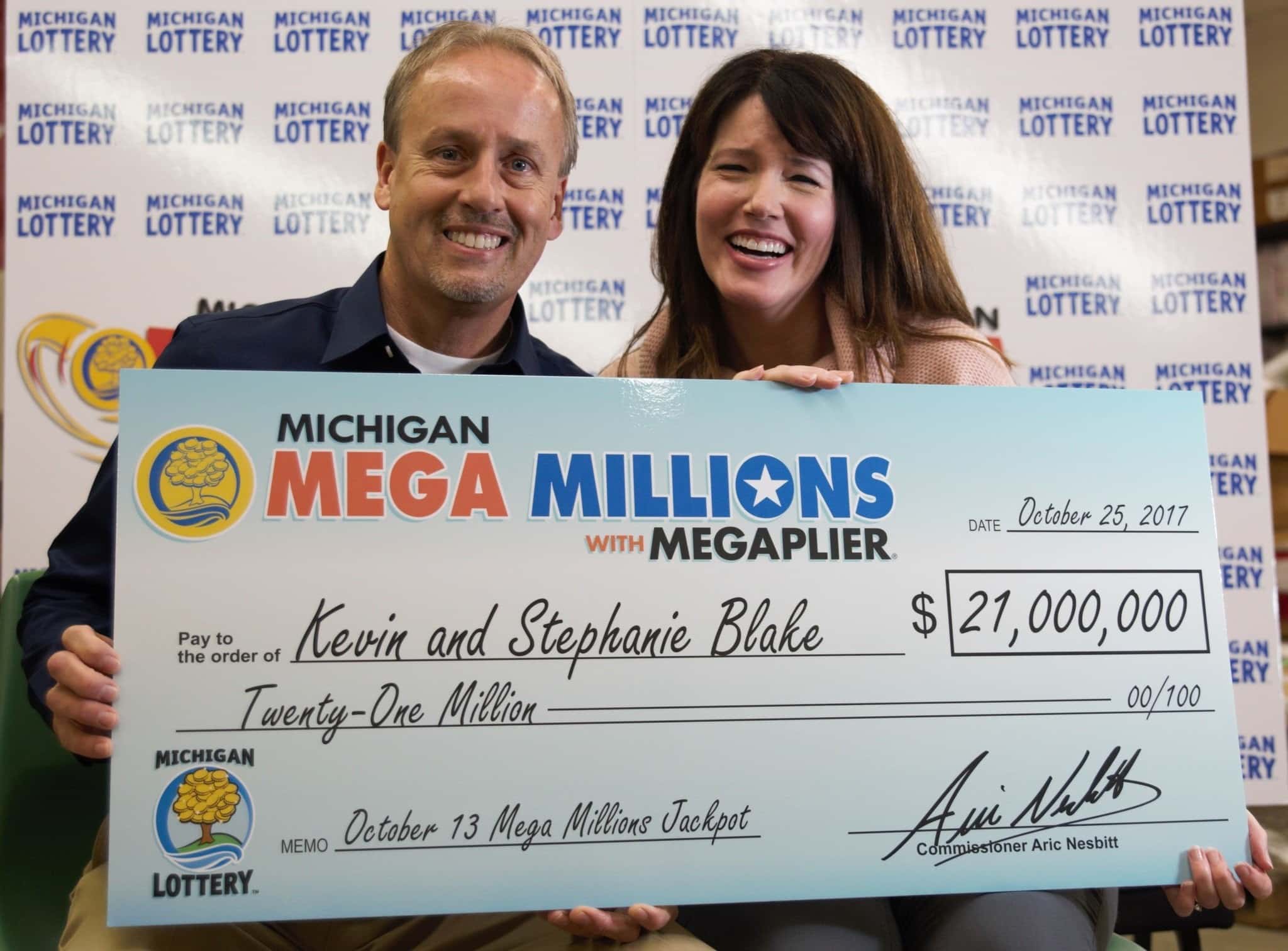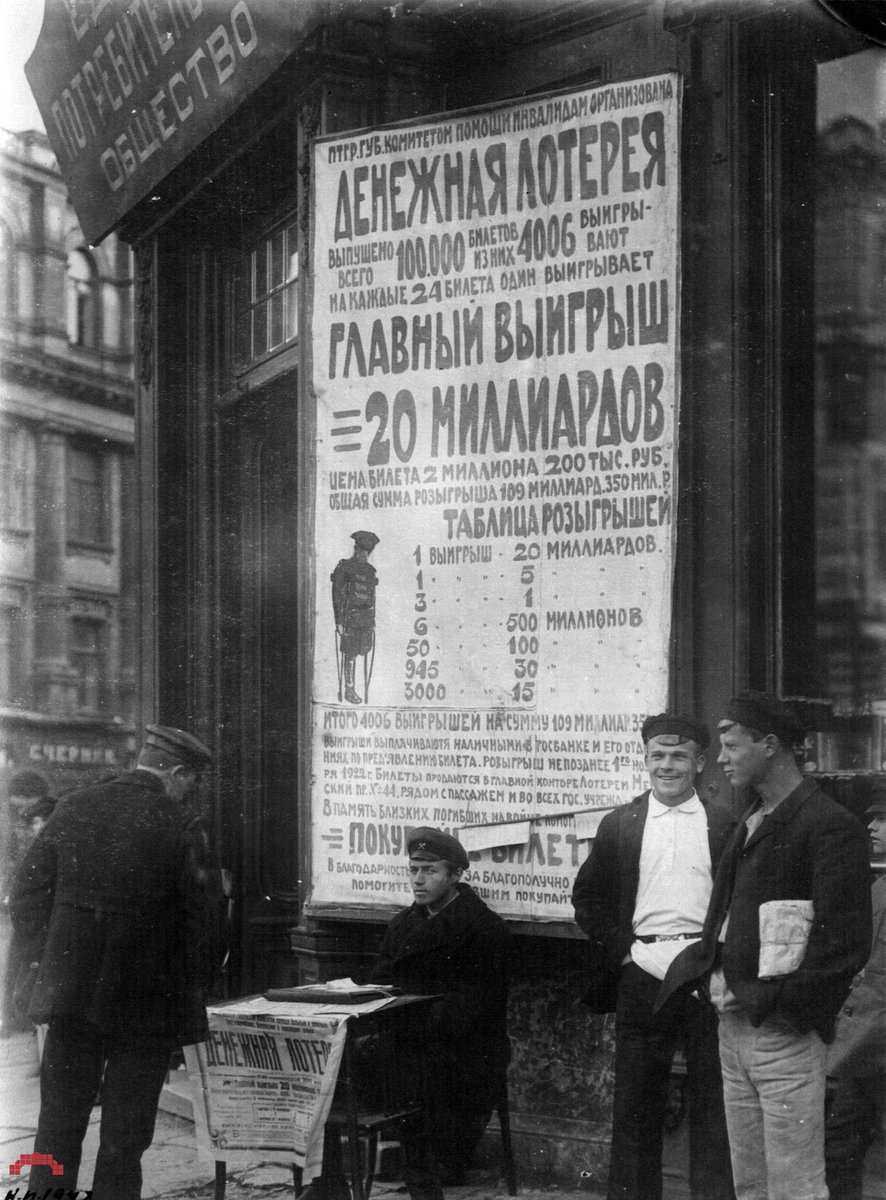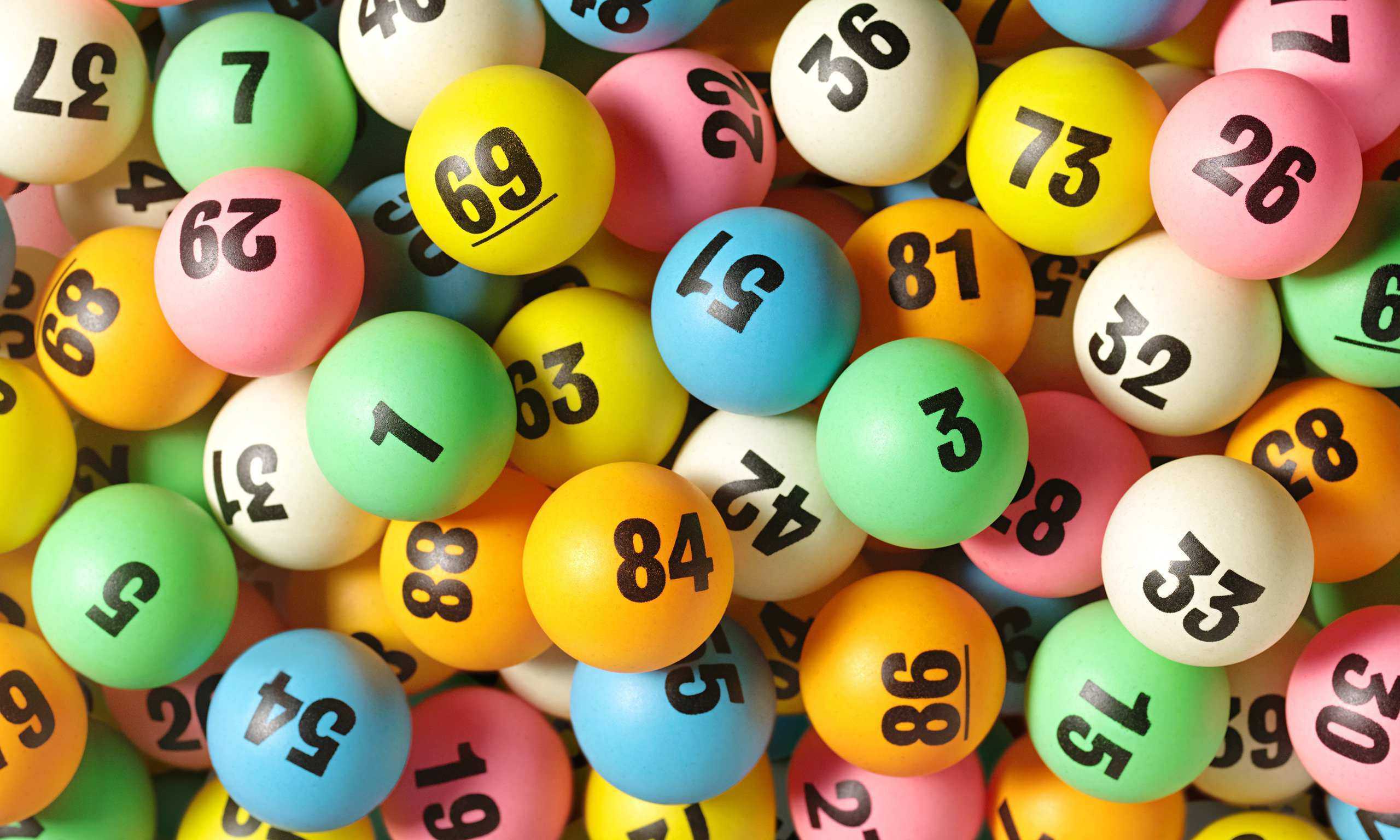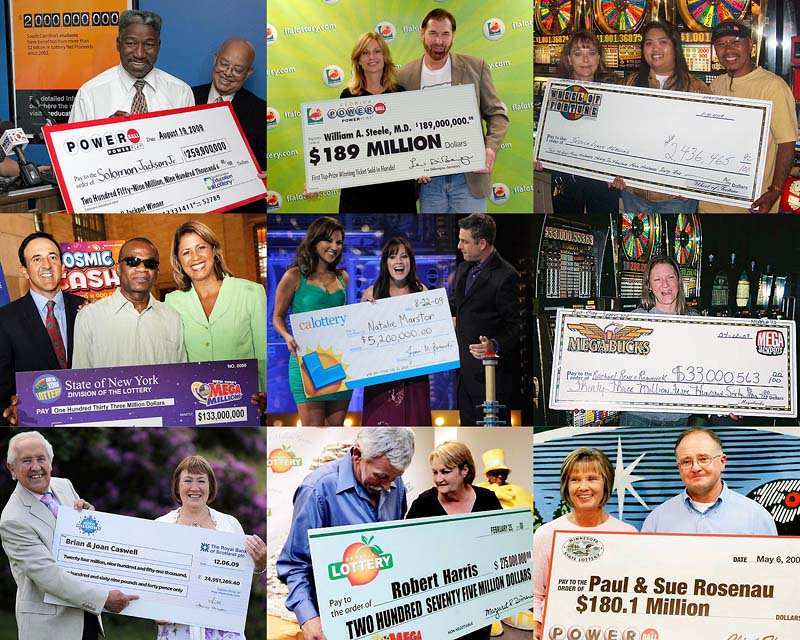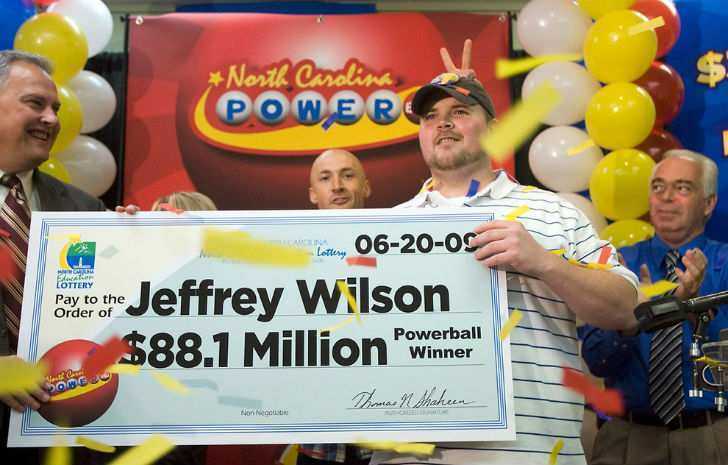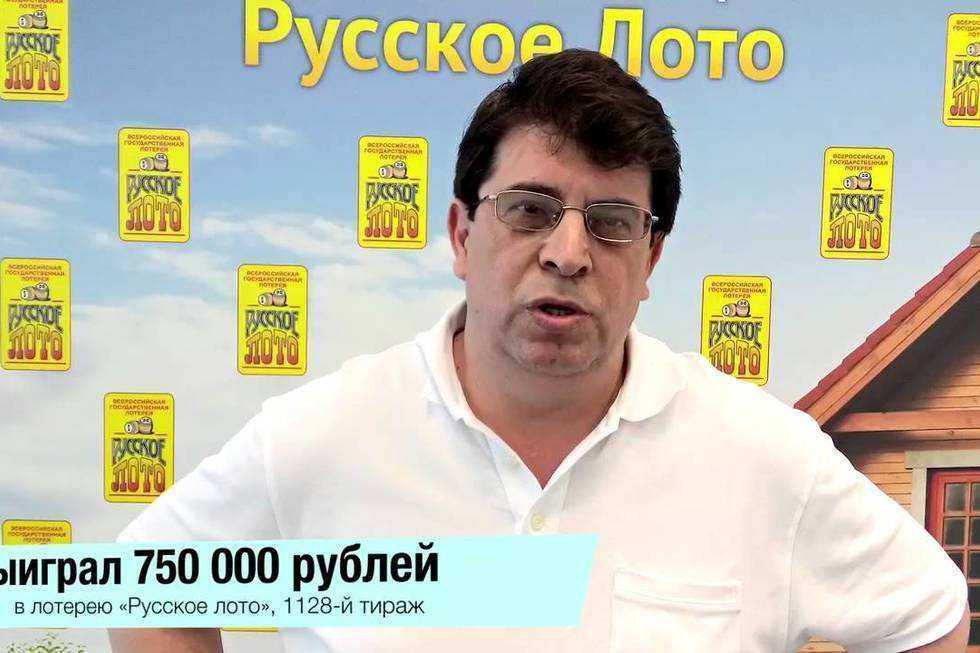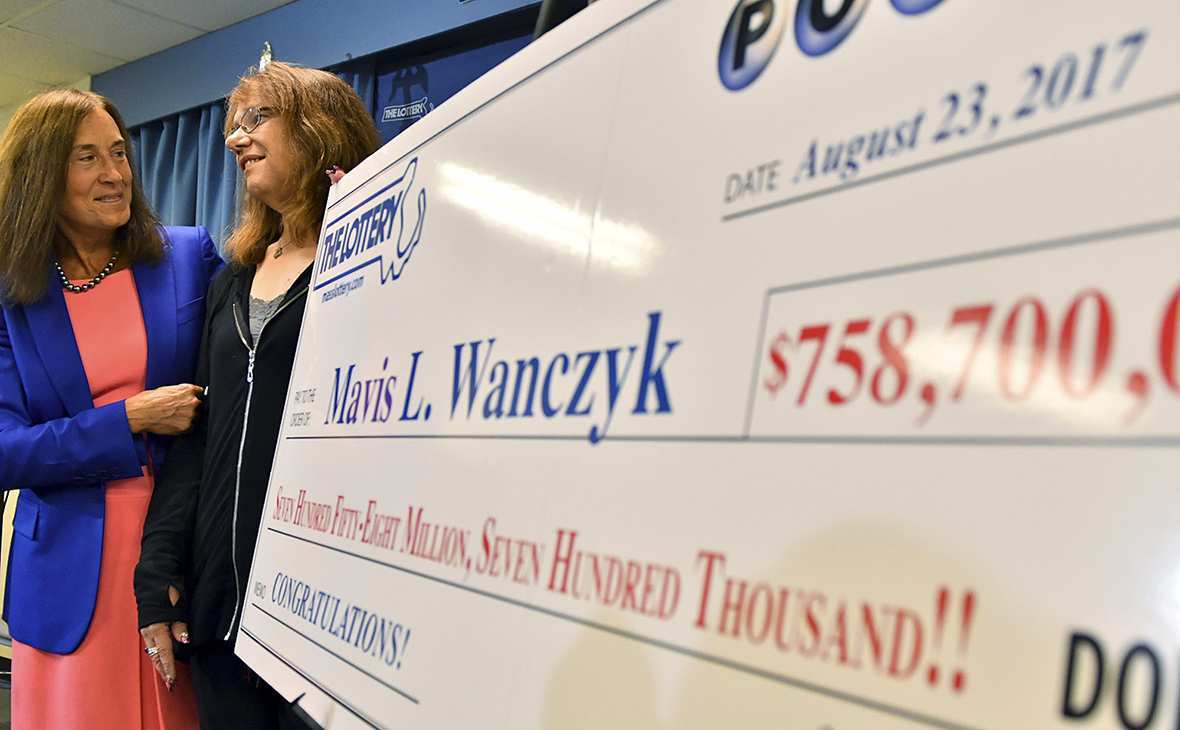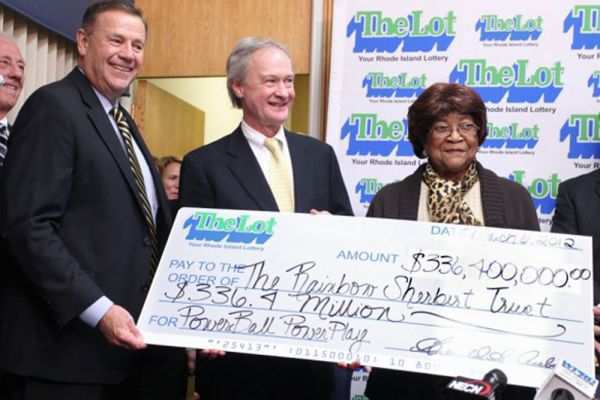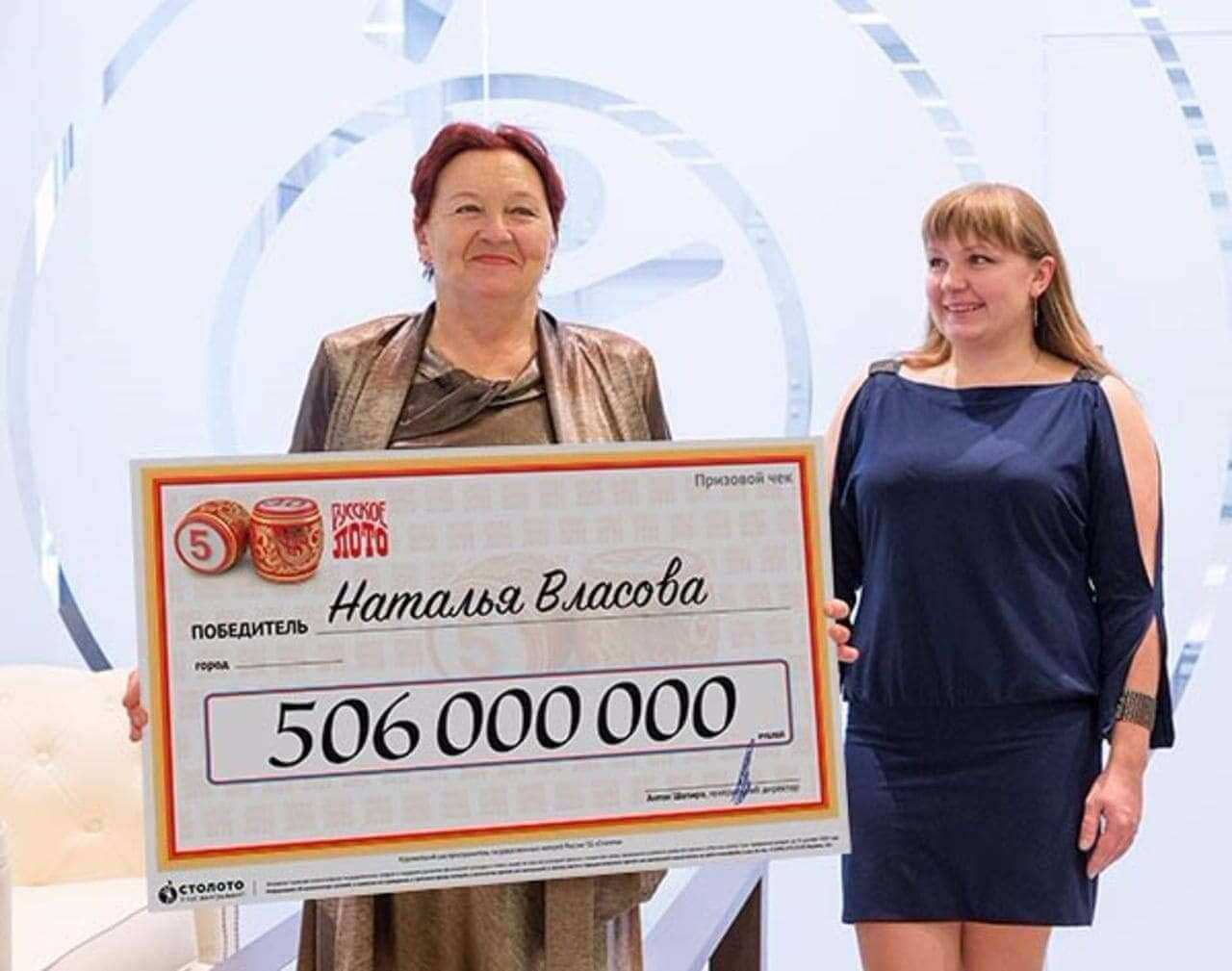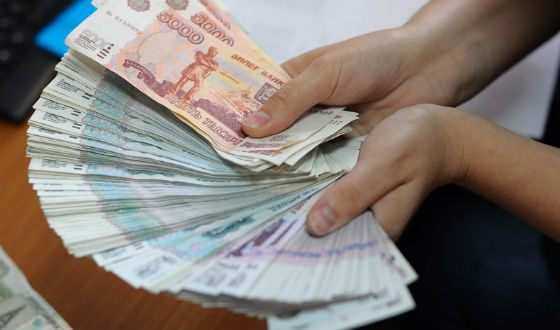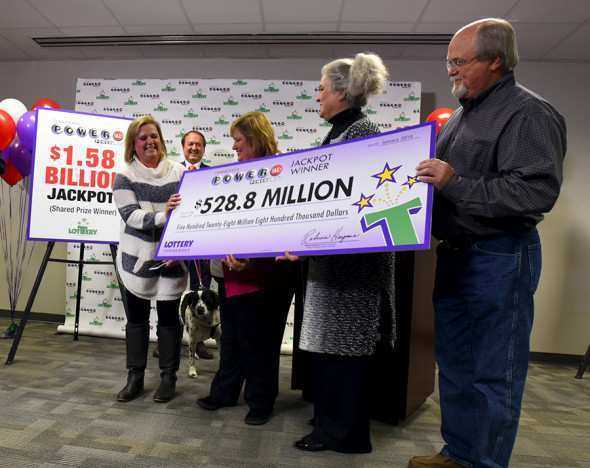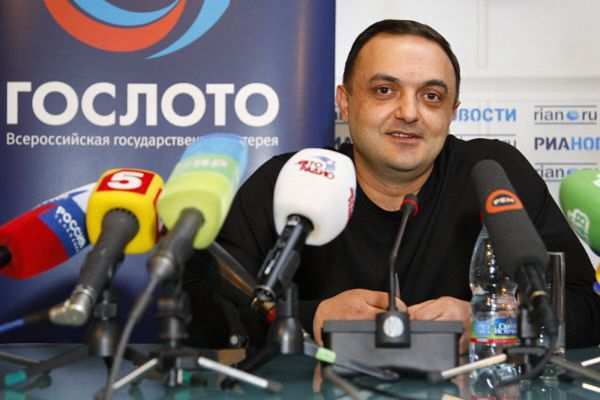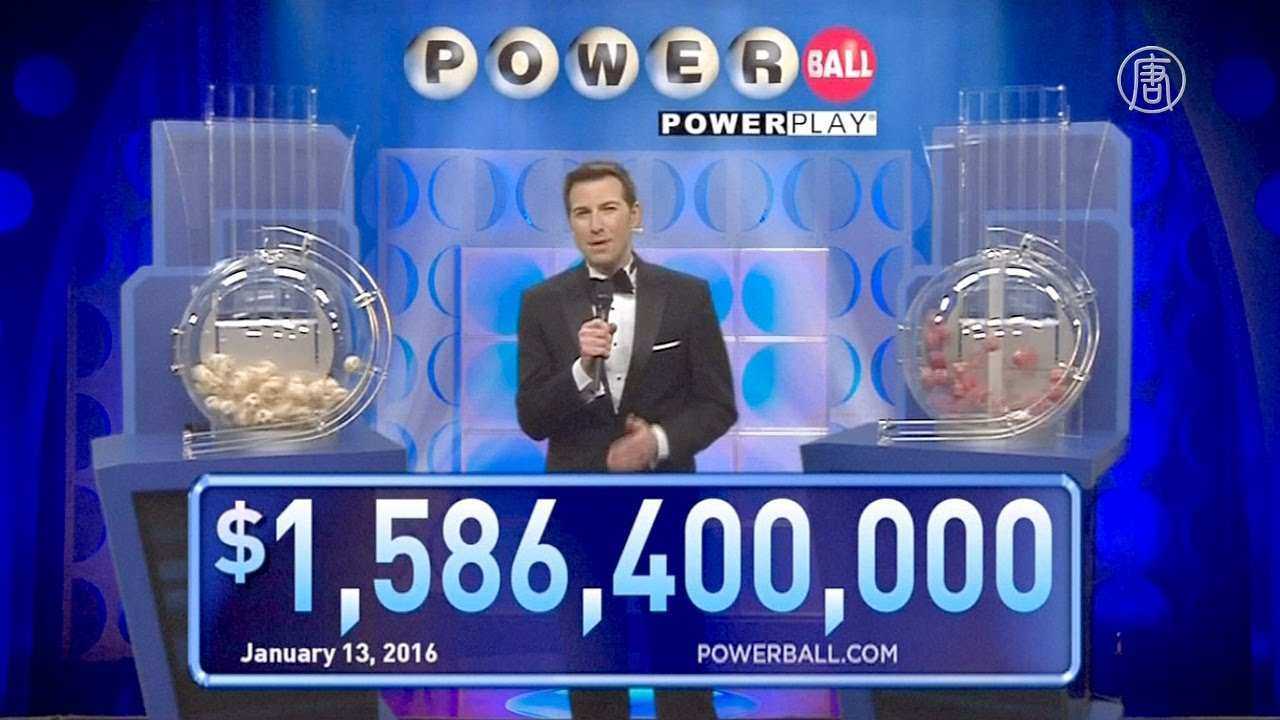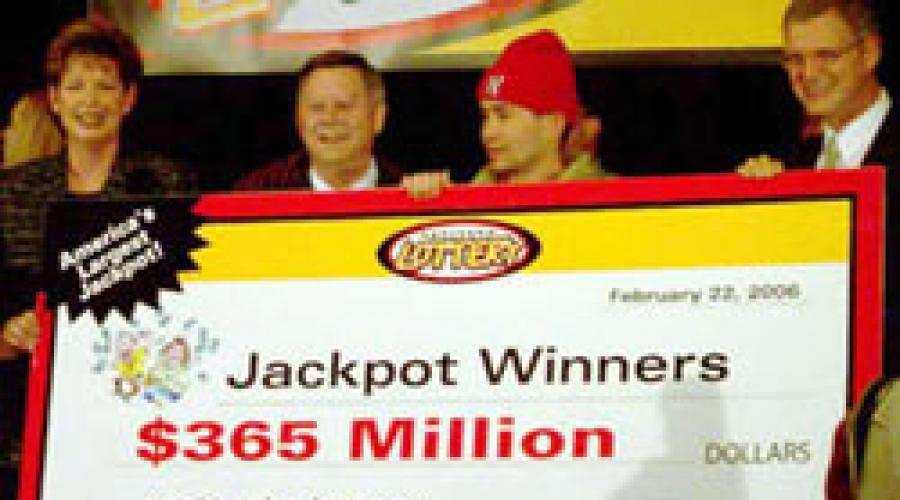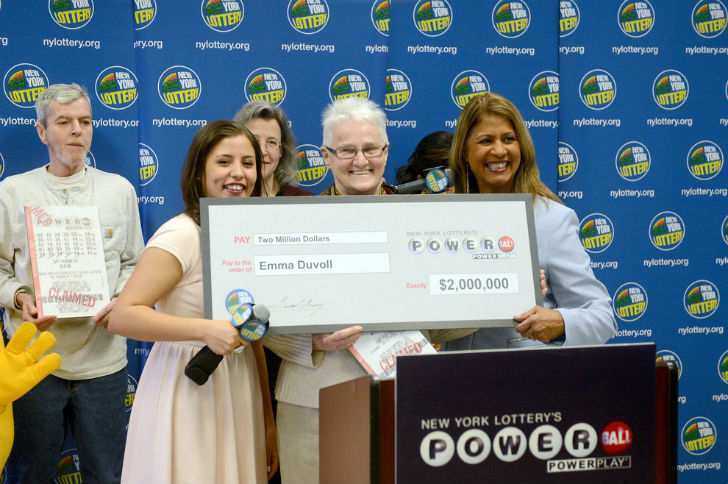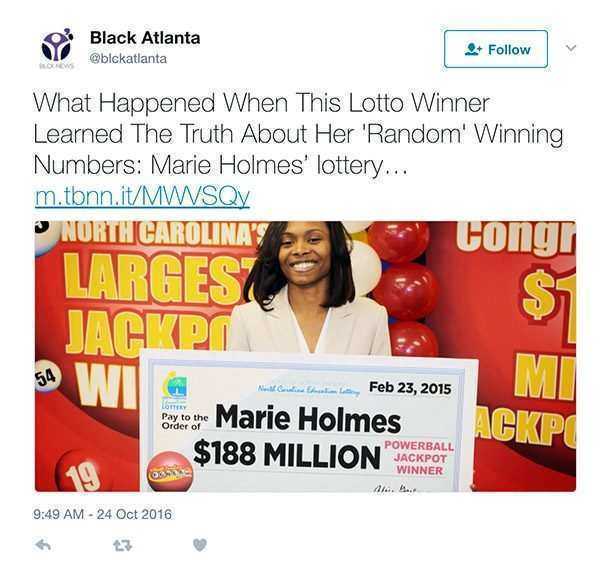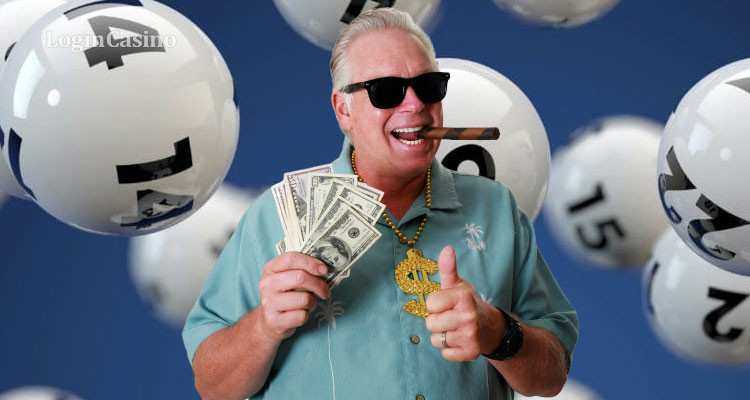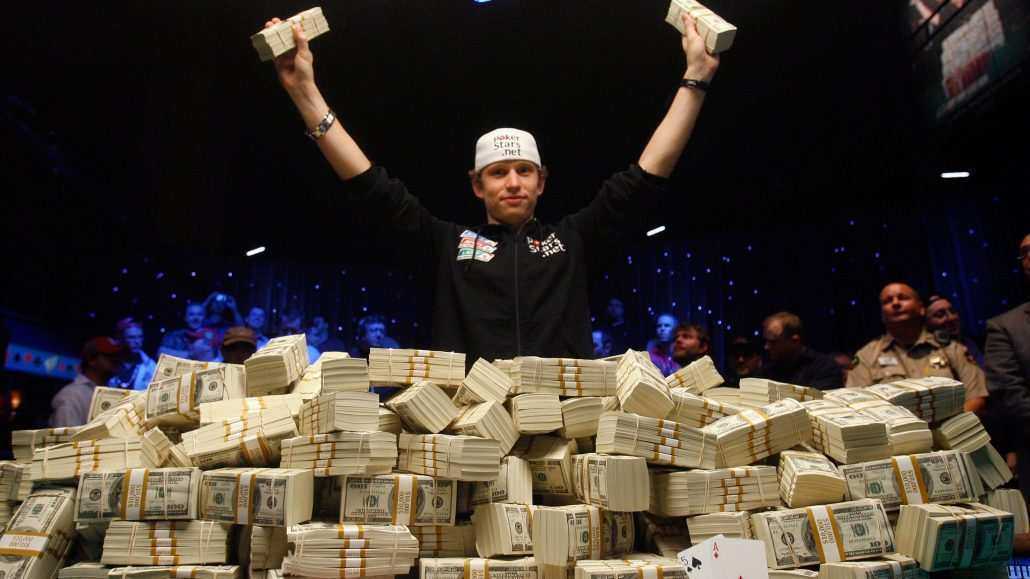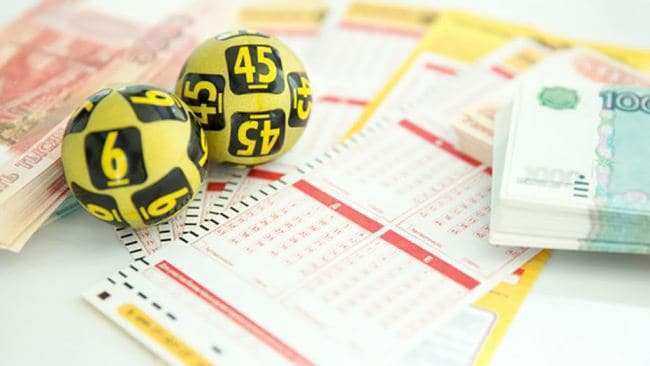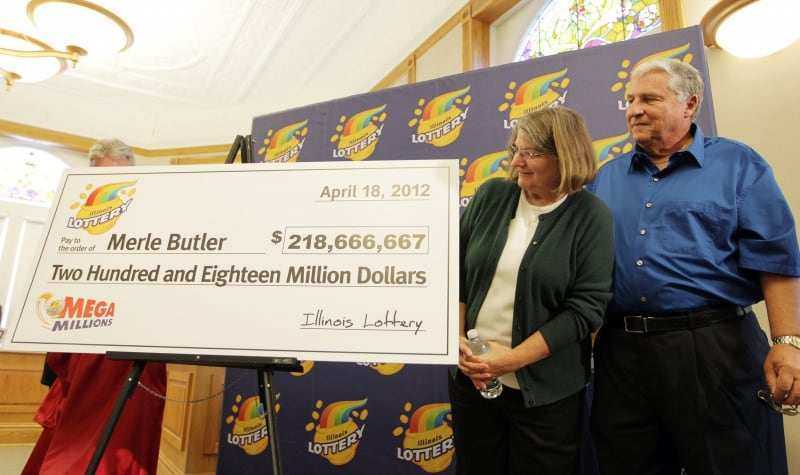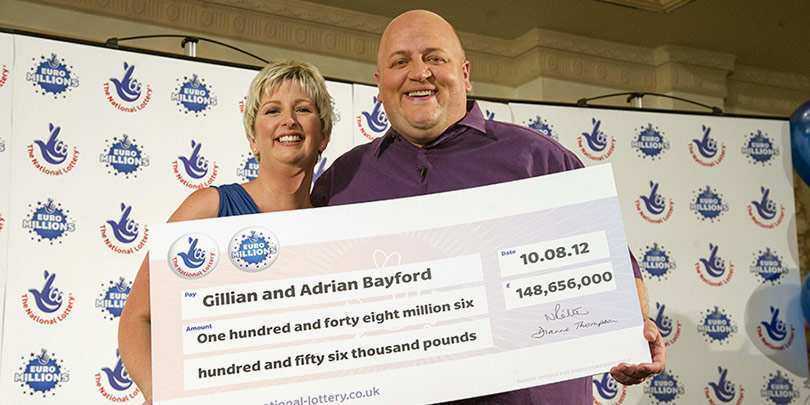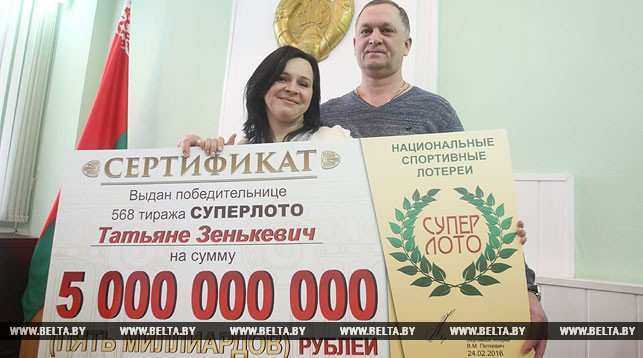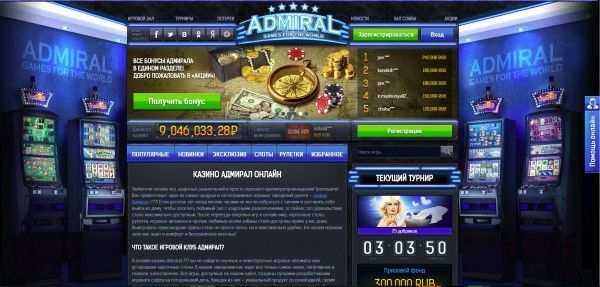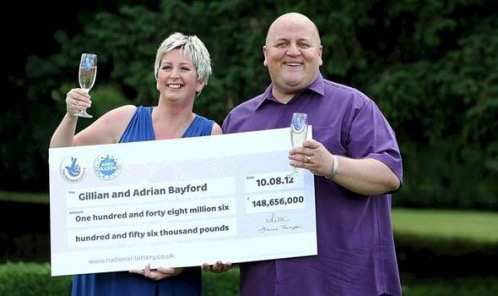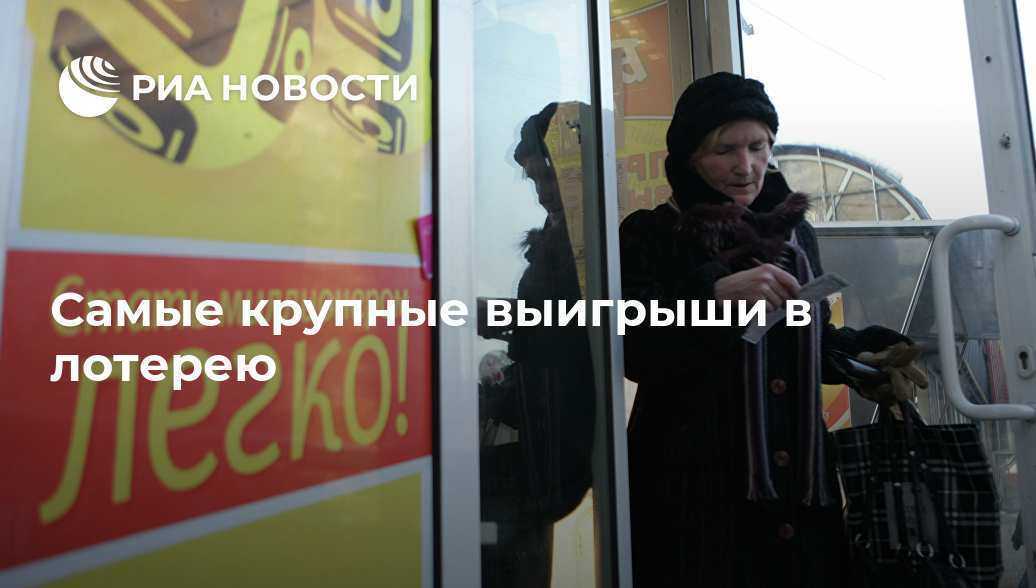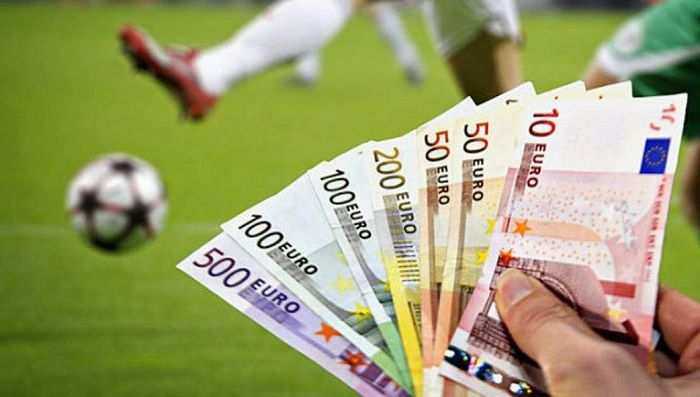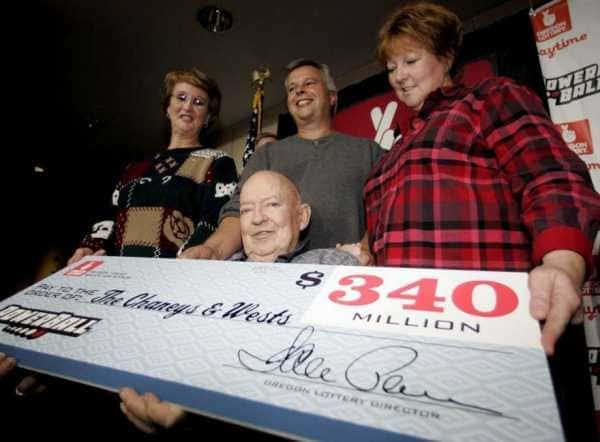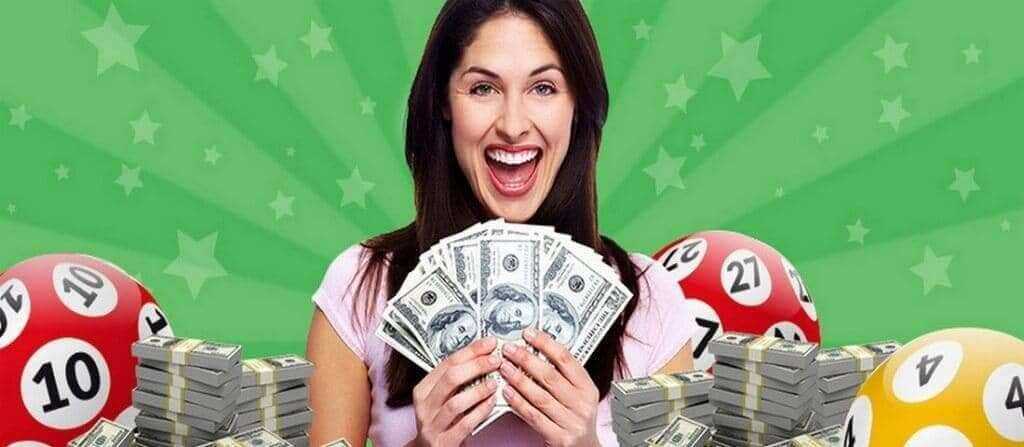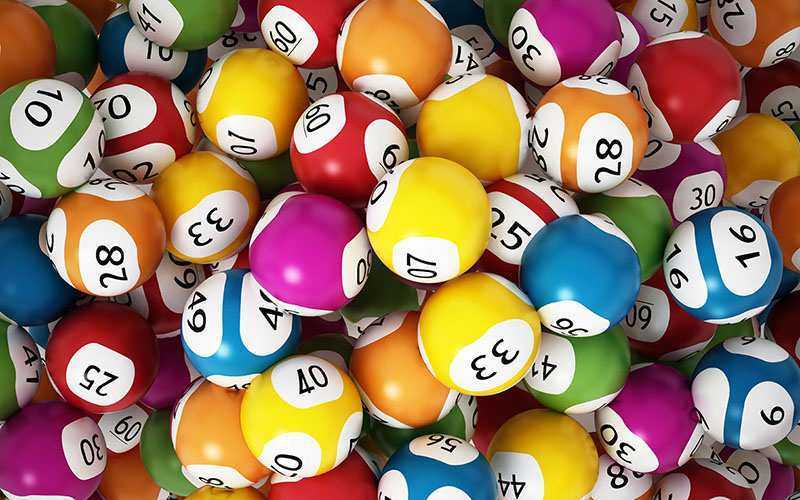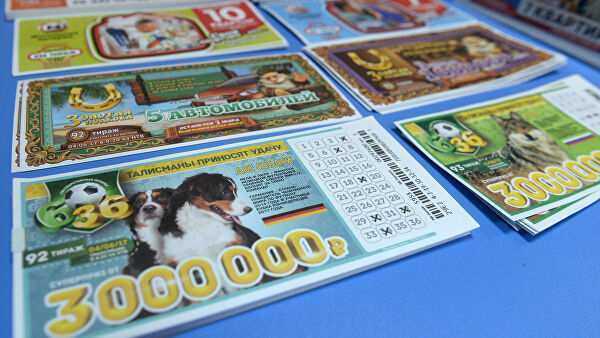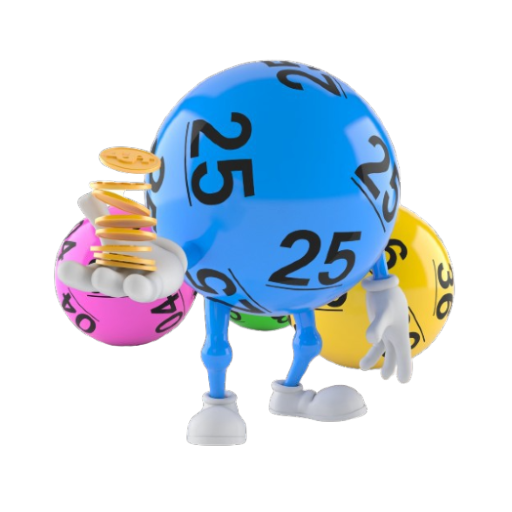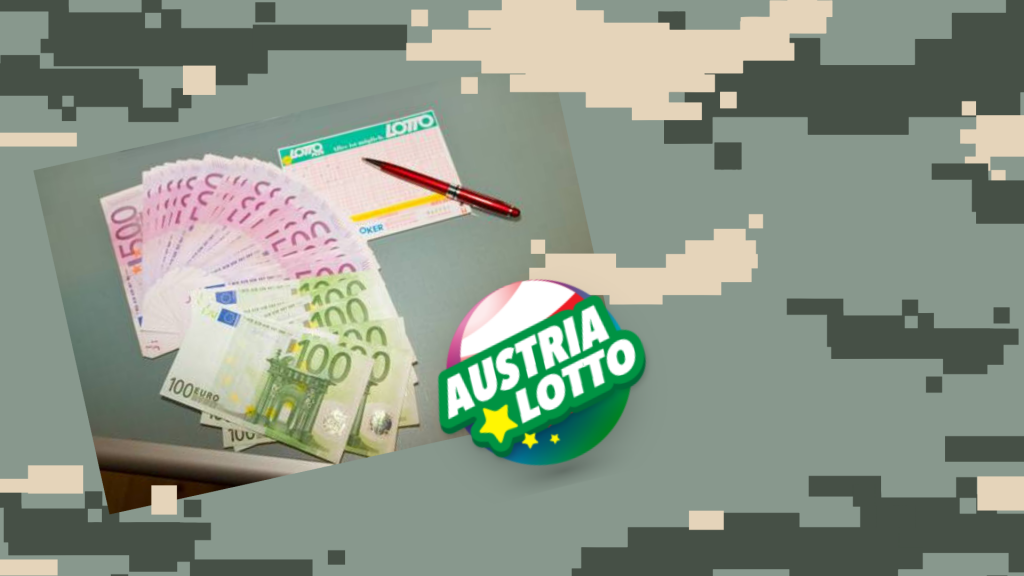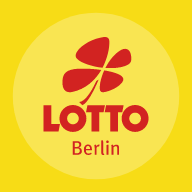The most honest lotteries in Russia
In order not to fall for the tricks of scammers and swindlers, you only need to play lotteries, state-regulated. Their members can count on guaranteed rewards, if their bet or ticket wins.
The slogan 6 of 45
Draw type of drawing with cash prizes. The minimum jackpot is 10 million rubles.
The amount increases with each print run, until it is played. The essence of the game is guessing 6 numbers from 45.
The player can choose 1 a combination of 6 numbers and pay 100 rubles per bet or increase the chances, adding several numbers to the selected row and paying a certain amount for additional combinations.
Enough to guess 2 numbers, to get the minimum prize in 100 rubles. Next, the prize fund is distributed as a percentage.
Lottery rules
Housing lottery
The meaning of the "Housing Lottery" is, that the main prize is not money, and real estate (apartments and country houses). The participant buys a ticket with 2 ready-made playing fields. Each sector contains 15 numbers ranging from 1 to 90.
You don't need to guess and cross out anything. It is enough just to turn on the broadcast of the draw and cross out the matching numbers of balls with the numbers on the playing field.
Game scheme:
- players wins in the first round, which have all the numbers in one line crossed out;
- in the second - with one crossed out playing field;
- in the third - with two fields with completely crossed out numbers.
First participant, which will have all the numbers crossed out, becomes the owner of the main prize. In the history of the game, the value of the biggest win was 24 000 000 rubles.
Where to buy the Housing Lottery
Russian lotto
The lottery resembles the game "Lotto" familiar from childhood. The future player buys a ticket at a point of sale or on the Stoloto website with ready-made fields for playing.
During the broadcast of the draw, the presenter takes out numbered kegs from the 1 to 90. Participants cross out the dropped numbers.
The man becomes the winner, crossed out in the first round 5 numbers in one line, and in the second - one playing field. The main prize goes to the player, who will be the first to cross out all the numbers on the ticket.
The Golden Horseshoe is held in the same way - a game with a smaller prize fund, but more likely to win.
How are the draws going
Instant lottery from Sberbank
FROM 2011 year, everyone can purchase a ticket for the instant lottery of Sberbank at the nearest branch. No need to wait for the draw.
It's enough just to buy a ticket, paying for it from 20 to 100 rubles, and remove the protective layer in the desired area. Winning up to 1 000 rubles can be received immediately in the same branch.
Zodiac
If you rely on the magic of numbers, you can play the Zodiac lottery. The essence of the game is to indicate any invented date and zodiac sign in a specially designated field.
The draw is online. If the numbers, indicated by the participant, coincided, he receives a prize from 25 to 3 000 000 rubles depending on the percentage of matches.
How to fill out a ticket
State lotteries in Russia can be safely trusted. To win, just buy a ticket. At the same time, it is not necessary to purchase many coupons at once.. As the story describes, record high prizes were received by players, who spent the minimum amount on participation.
Big wins 2015 of the year
26 December an unknown person won the jackpot in 43,3 million dollars in Canadian Lotto Max. The winning ticket was purchased in the city of Mississauga, Ontario. Besides, eight more tickets with 721 thousands of dollars were purchased in cities in Ontario, as well as three each in the provinces of Quebec and British Columbia.
18 October, an unknown lottery ticket holder tore the largest lottery in the history of the Canadian Lotto 6/49 jackpot in the amount 64 million Canadian dollars (49,5 million US dollars). Lucky ticket was sold in Mississauga, Canada west of Toronto.
30 July it became known, that a Virginia truck driver won the Mega Millions lottery 153 million dollars. By law, after taxes, 52-year-old Stephen Pelokin received 92 million - the lucky one chose to pay in cash 153 millions of consecutive annual payments.
19 June ticket holder for the popular EuroMillions lottery, bought in Madrid, won in the prize draw 25 million euros.
29 May resident of the Kaliningrad region "Gosloto" 6 out of 45 " (1336-and circulation) won the accumulated super prize, equal 126 million 925 thousand 38 rubles.
13 May EuroMillons lottery ticket holder, bought in Barcelona, won over 47,8 million euros. Known, that he made five bets on the Internet - on five different combinations. One of them turned out to be successful.
30 January at the drawing of the 1138th draw of the Russian lottery "Gosloto" 6 out of 45 "more than 200 million rubles were divided among themselves by residents of the Murmansk region and the Stavropol Territory. A resident of the Murmansk region won 102 million 293 thousand 526 rubles, while his rate was 2,8 thousand rubles. A lottery participant from the Stavropol Territory won 101 million 587 thousand 947 rubles, his rate is 1,8 thousand rubles.
17 January, the large Canadian Lotto Max lottery brought an unknown 50 million Canadian dollars. The winning ticket was sold in the province of Alberta. To be specified, that two more people won a prize in the amount of 1 million dollars.
13 January, former New York school principal Harold Diamond hit the jackpot in the Mega Millions lottery, becoming the owner of a prize in the amount of 326 million dollars, the largest ever draw in New York.
Why are we afraid of random money
Alexandra Arkhipova, social anthropologist, Associate Professor at the Center for Typology and Semiotics of Folklore, Russian State University for the Humanities, Senior Researcher STEP RANEPA:
Alexandra Arkhipova. Photo: RFE/RL
- Our relationship with money is more complicated, what they used to think. We operate not only with the concept of "commodity-money-commodity", proposed by Marx, but also the rules of "moral economy" - that is, a set of ideas about how, how you should or shouldn't handle money. "Moral economics" in each culture has its own, special.
In Russia, ideas about money are largely associated with peasant communities. Our country was largely peasant, culture was changing, but some of her features have been preserved. This was superimposed on the Soviet ideology with its specific attitude to finance.. "It's a sin to think about money", "Big money - big problems" and so on.
In Soviet and post-Soviet society, survivors of total deficit, the principle of "Foster's pie" works. Anthropologist George Foster lived in Mexican villages in the 60s of the twentieth century and wondered: why are the inhabitants so poor, and any quick enrichment causes them a sharp rejection? So he put forward the theory of "limited good": money in resource-poor communities, wealth, any benefits can only be redistributed, they are not thought of as coming from outside. Imagine the pie, apple charlotte, which is equally divided. If one of the guests got an extra piece, then the other remains hungry.
Therefore, after winning the lottery, people sometimes face rejection of others.. Unexpectedly received a lot of money - it means, took someone else's share. There is also a view, that sudden enrichment is a health disaster, that you will have to pay for such luck. Hence the desire to part with the winnings as soon as possible - to spend it.
IN 2016-2017 years we have been recording interviews and conducting polls in some Russian cities. Asked residents: "Will you lift the bill, accidentally found on the street?»About half of the respondents firmly refused and motivated this by, that then something bad will happen to them. Because this money was not sent to them, and someone else, pier, you can't take someone else's.
But what to do, if we accidentally hit a piece of someone else's pie? Share this. This also manifests itself in our ideas about money.. If a young man receives his first salary, it is customary at work to "put down", set a table for colleagues, or give all the money to mom.
Sellers in the market tend to give more goods to the first buyer or sell them cheaper, fan the goods with the first bill earned of the day. Lottery winners give away a portion of the winnings, without even giving a report on this. People strive to give a piece of their good, to protect yourself from harm. Our moral economy tells us - share and maintain social balance, and then luck will return to you.
